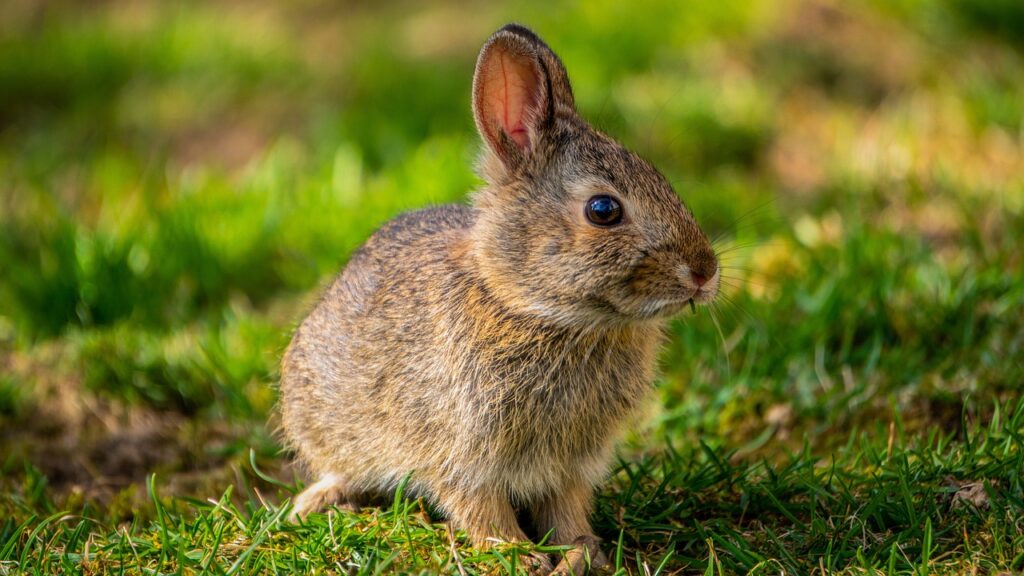Can Rabbits Eat Apricots — A Nutritional Analysis
Rabbits are cute and cuddly creatures that require special attention when it comes to their dietary needs. As an experienced content writer with over 20 years of expertise in the field of SEO, I am here to provide you with a comprehensive analysis of whether apricots are suitable for rabbits as a part of their diet.
Advantages of Apricots for Rabbits
Apricots, with their juicy flesh and delightful flavor, may seem like a tempting treat for our furry friends. However, it is important to acknowledge that rabbits have specific dietary requirements that need to be met to ensure their overall well-being. While rabbits can technically consume small amounts of apricots, it is not recommended to make them a staple part of their diet.
Apricots are a good source of crucial vitamins and minerals, including vitamin A, vitamin C, and dietary fiber. These nutrients can contribute to a rabbit’s overall health, supporting their immune system and promoting healthy digestion. However, it is crucial to provide apricots in moderation, as a treat, rather than a regular component of their diet.
The Importance of Moderation
Feeding apricots to rabbits should be done in moderation due to their high sugar content. Consuming large quantities of sugary fruits can lead to digestive issues, such as diarrhea or an upset stomach. It is essential to prioritize a balanced and varied diet for rabbits, consisting mainly of hay, fresh leafy greens, and a controlled amount of pellets.
When offering apricots to rabbits, it is crucial to remove the pits, as they can be a choking hazard. Additionally, always wash the fruit thoroughly to eliminate any residues or pesticides that may be present on the skin.
Potential Cautions and Considerations
While apricots can be a tasty treat for rabbits, there are certain considerations and potential cautions to keep in mind. Due to their high sugar content, apricots can contribute to weight gain in rabbits if consumed excessively. Obesity can lead to various health issues, including dental problems and reduced mobility.
If your rabbit is prone to gastrointestinal problems or is overweight, it is advisable to consult with a veterinarian before introducing apricots into their diet. They can provide personalized recommendations based on your rabbit’s specific health requirements.
Other Pets and Apricots
Apricots, when offered in moderation, can also be enjoyed by other small pets such as guinea pigs and hamsters. However, it is crucial to remember that each pet has unique dietary needs and tolerances. Always consult with a veterinarian or do thorough research before introducing new foods into any pet’s diet.
Conclusion
In conclusion, while rabbits can enjoy the occasional apricot treat, it is essential to prioritize a balanced diet that aligns with their specific nutritional requirements. Apricots can provide certain health benefits to rabbits, but their high sugar content calls for caution and moderation. Remember, responsible feeding is key to ensuring the overall well-being of our beloved furry friends.






